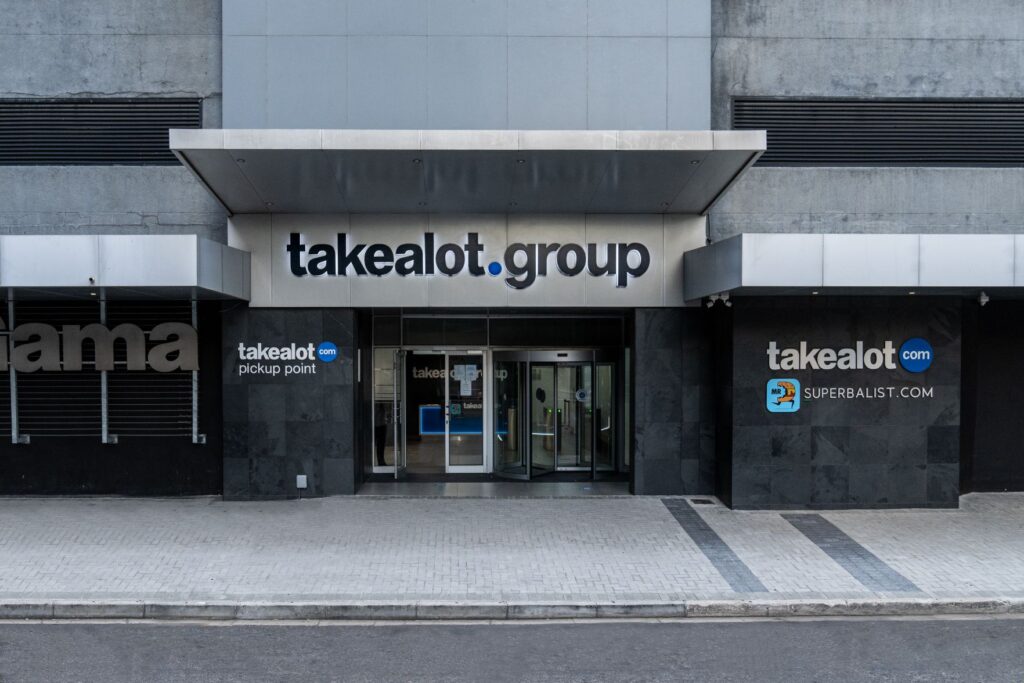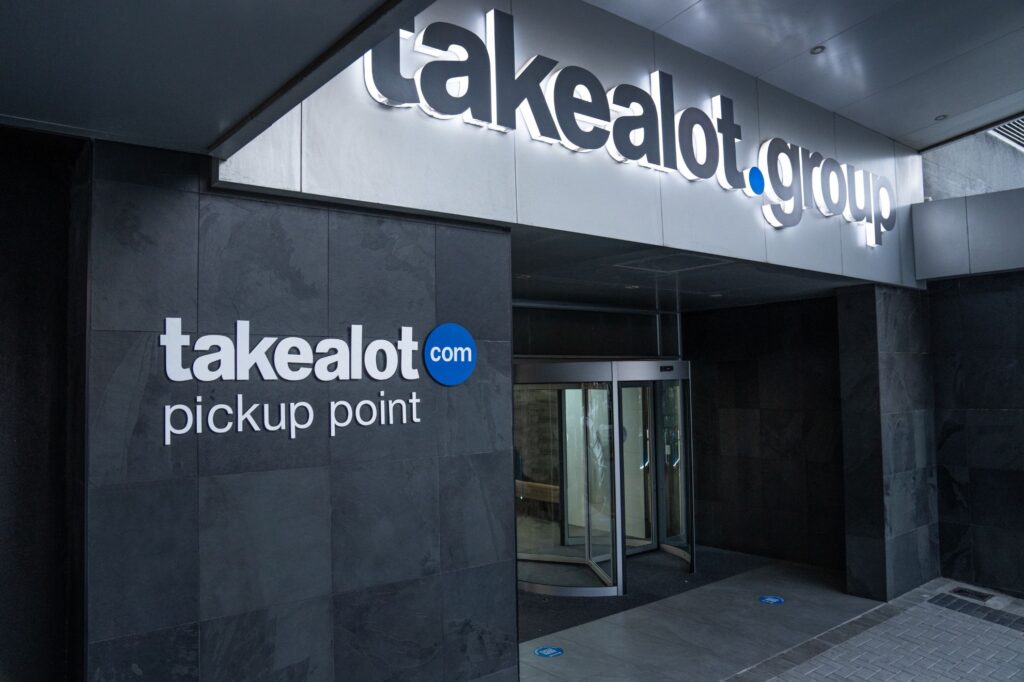How do we create more employment? It’s a question South Africa has struggled with in the past, and one that sits at the heart of inequality. But what if there was a business model able to create jobs, real empowerment and economic transformation? I believe there is: the digital economy, writes Mamongae Mahlare, Takealot Group CEO
In the standard retail model, a business buys and sells stock, opening more stores when successful. Here scaling is a key part of the process, which works well for bigger players in the market, but what about entrepreneurs and SMEs?
Simply having a product or service is not enough. These smaller enterprises face various barriers to entry that make it difficult to take their offering to market, from set-up costs to the logistics of production and delivery — limiting the entrepreneurship potential of most South Africans.
Digital Economy: The Great Equaliser
E-commerce is helping unlock the power of small business development. How? By leveraging the power of technology, entrepreneurs and small businesses now have access to various platforms that provide on-demand shipping and delivery services.
This is why I call the digital economy ‘the great equaliser’.
Now a small business can enter the formal economy and have an instant national footprint by listing their store online. And while access to capital may have been a hurdle in the past, platforms like ours and others now offer the infrastructure to help SMEs level the playing field against larger enterprises by reducing the costs typically associated with competing in this space, while granting access to a broad client base.
The potential of e-commerce is reflected in the diversity of businesses starting to emerge. From beauty products to homemade beer and tech, thousands of new entrepreneurs have started to enter a market fuelled by the growing adoption of smartphones and lowered data costs.
The economic impact due to the multiplier effect is also profound. Since Takealot started 11 years ago, we’ve grown from 20 people to a business that has created over 33,000 jobs thanks to our ecosystem which encompasses various partners along the value chain.
The future of South Africa’s Digital Economy
The market penetration for South Africa’s digital economy is currently around four percent. This reflects a massive growth potential when you consider similar emerging markets such as Brazil, India, and China who are sitting at around 12 to 20 percent. But to realise this we need local and foreign investment.
So how do we maximise the future growth of this important sector? For starters, we need to create the right conditions that allow for different business models to evolve and become profitable. This is a delicate balancing act when it comes to regulating what is essentially a moving target as the market changes according to global trends, requiring support from private stakeholders as well as the government.
It’s important then that we differentiate between competition and regulation. We must continue to ensure every sector, including our own, remains competitive with the right amount of checks and balances in place. But to over-regulate at this nascent stage of the digital economy could see our country create permanent solutions to temporary problems. And then we will never have the opportunity to see what could have been — wouldn’t that be a pity.





